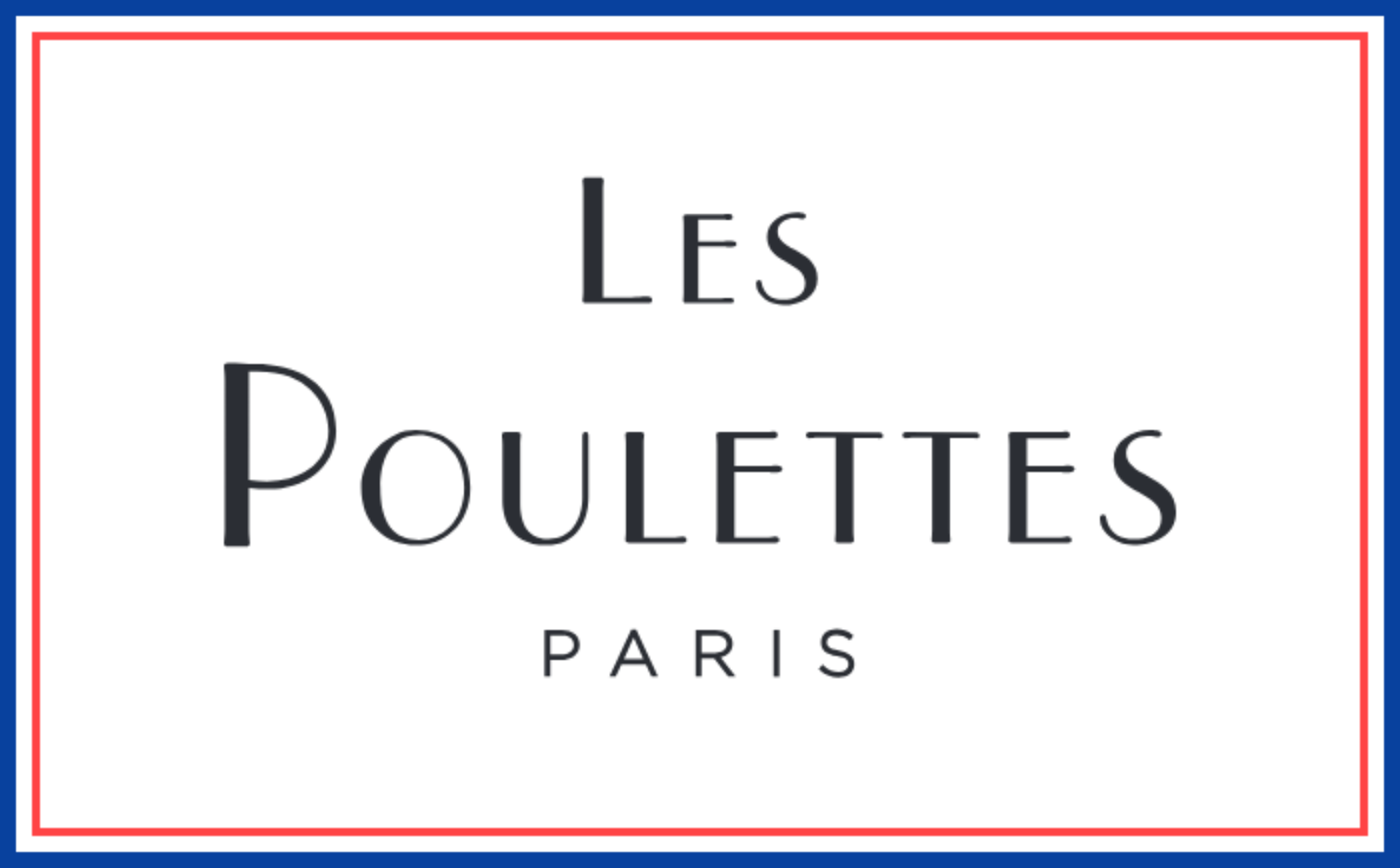
Get 15% off your first order with code BIENVENUE ! Free delivery on orders over €30
$10 off your first order
Simply enter code
Feel free to contact us for support
Explore full power of Eurus Theme
We use cookies and similar technologies to provide the best experience on our website.



Since 2018, Les Poulettes Paris have been reinventing the art of skincare with Cosmos Organic certified organic masks, vegan and made in France, combining excellence, naturalness and Parisian elegance to enhance all skin types.

Since 2018, Les Poulettes Paris have been reinventing the art of skincare with Cosmos Organic certified organic masks, vegan and made in France, combining excellence, naturalness and Parisian elegance to enhance all skin types.



